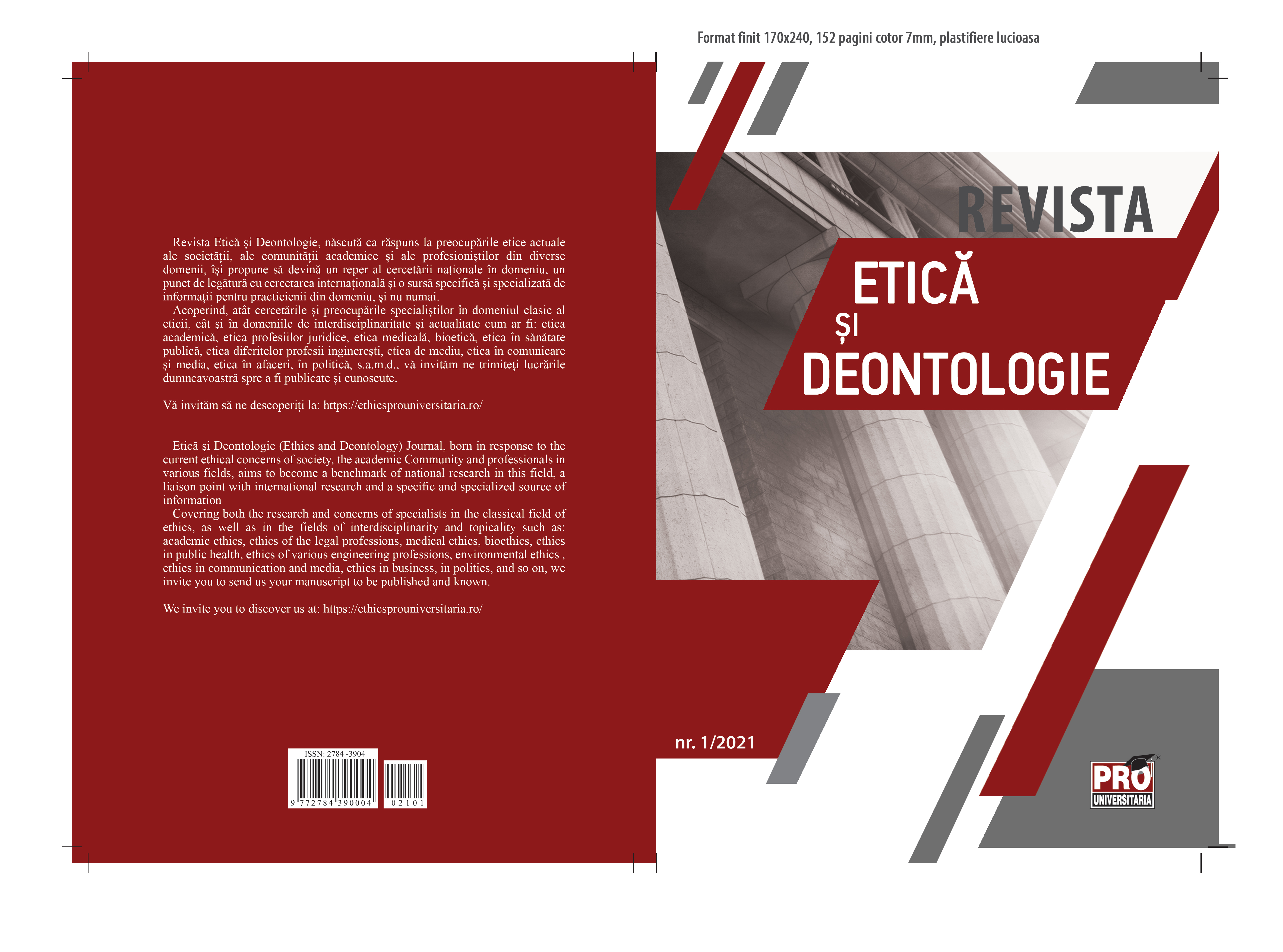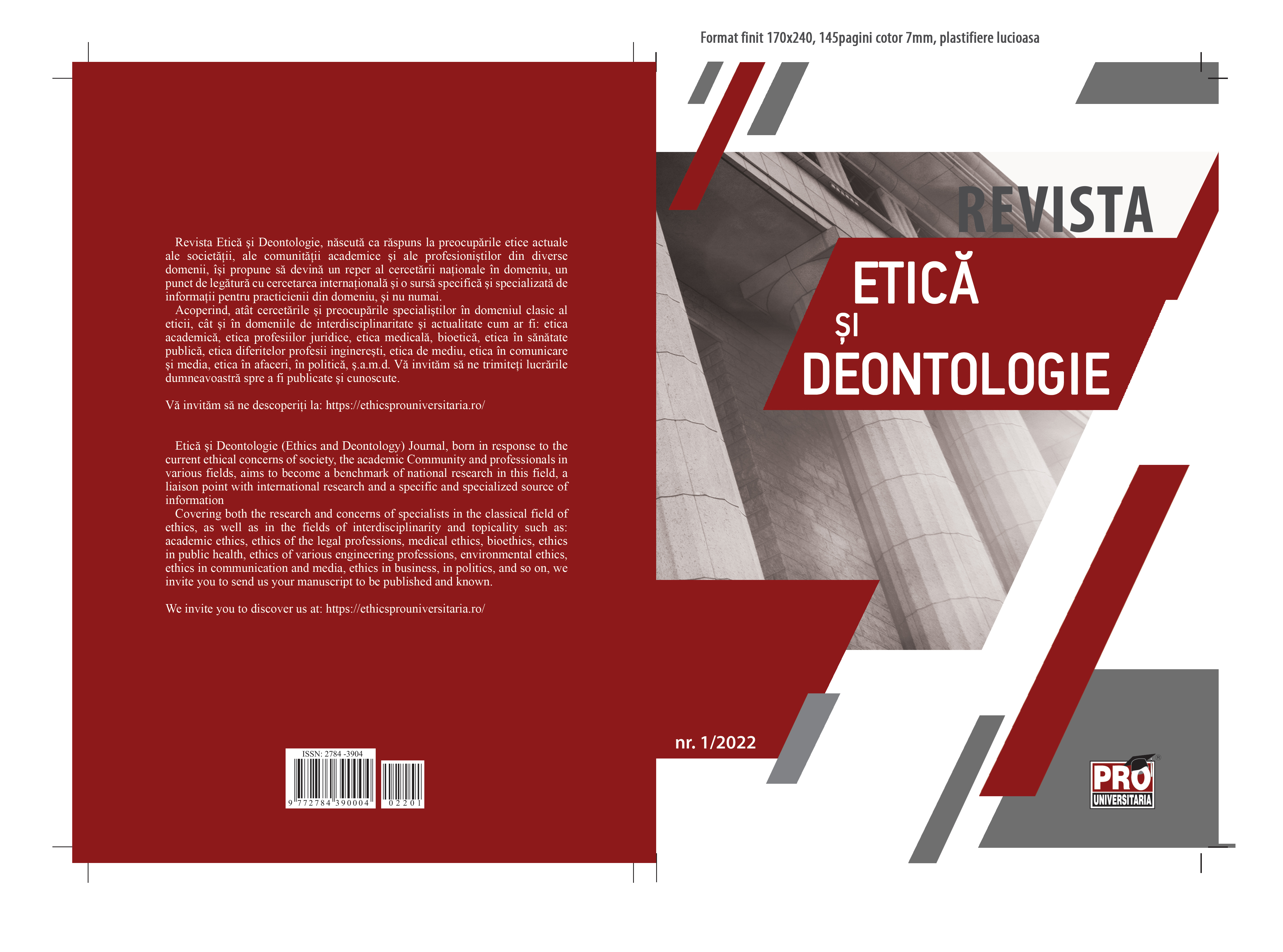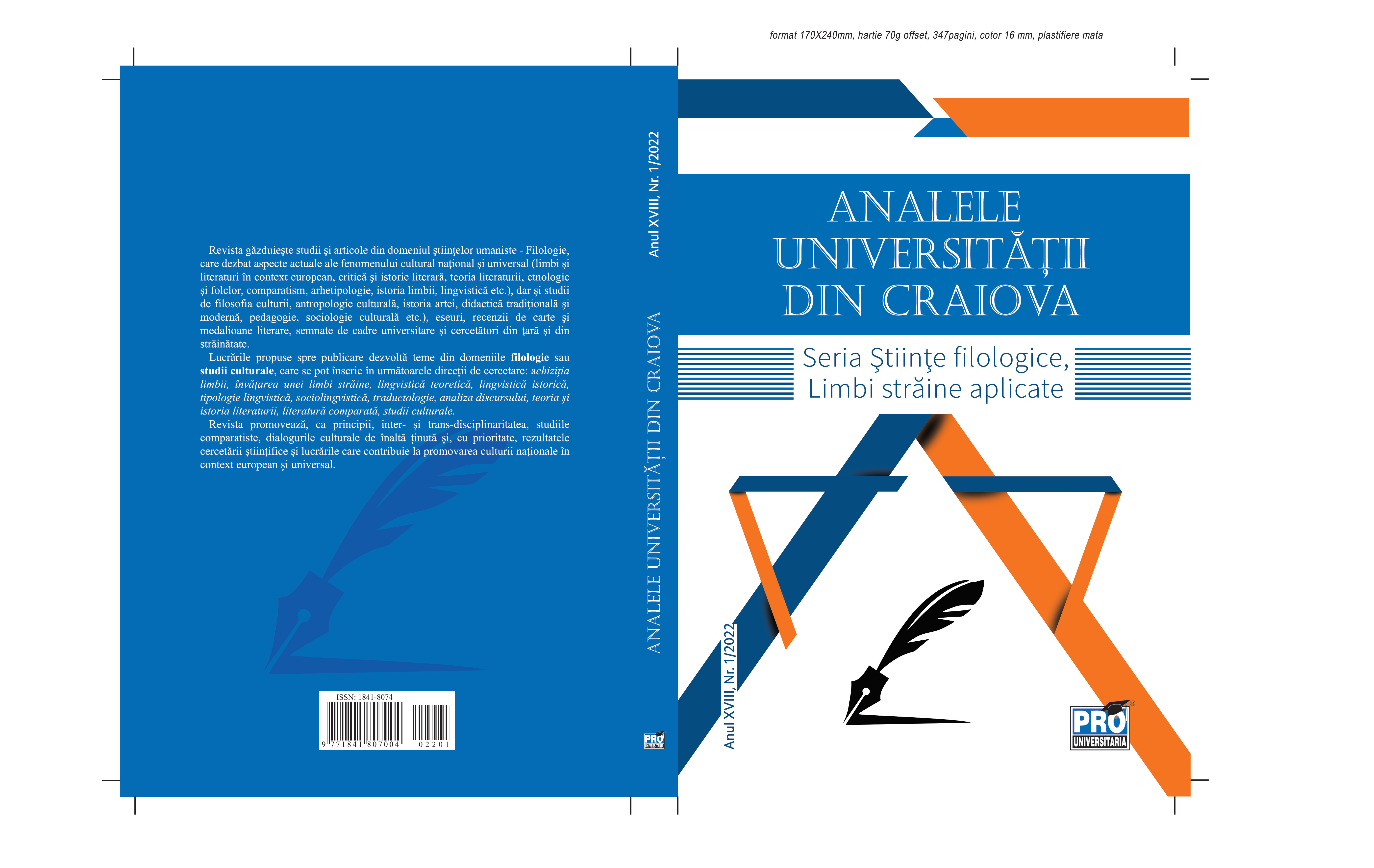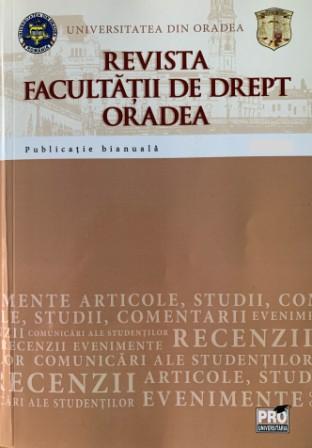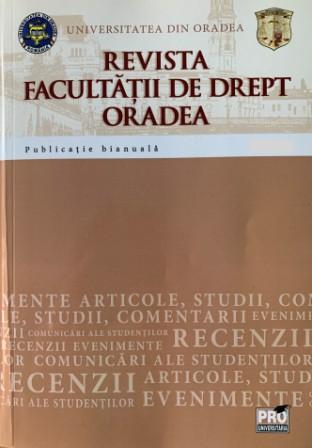Author(s): Olga Cataraga,Piotr Petcovici,Silvia LUPU / Language(s): Romanian
Issue: 2/2022
This article entitled "Observations on the limits of competence of judicial experts in solving expert tasks."it deals with the issue related to the limits of the specialized competencies of judicial experts, including ad hoc involvement in the performance of judicial expertise. It is substantiated the idea that one of the determinative principles, which the judicial expert must be guided by in his professional activity is that of the obligation to strictly observe the competencies of the specialty of expertise. Although in many legislations concerning the field of expertise, this rule is very well punctuated, appearing as an obligation of the judicial expert to refuse in solving the tasks of expertise, if the question asked exceeds the framework of his specialized knowledge, however from practice we notice that the problem of exceeding the framework of specialized knowledge is attested quite frequently, especially when the limits of competence are very fine, being hardly noticeable, including by professionals. The article approaches the given topic from procedural and scientific perspectives, although it seems natural and simple, the actors of the judicial process face great deficiencies in solving cases, being unable to manage in the nets of specialized knowledge and to obtain a clear delimitation of the competences of experts/specialists in certain matters, which require their involvement. The purpose of this article is the analysis of the study made by the authors during the years 2016-2022 of the practice of judicial expertise in this regard, both in Republic of Moldova, as well as in other countries. The article presents the problem of delimitation of specialized competences both in the process of specialized assistance in the judicial process and in the process of training professional judicial expert cadres. Based on the analysis it was established, that the given problem is poorly understood by the actors of the judicial process and requires further research as well as well-grounded theoretical arguments scientifically and procedurally. A special attention is paid to the case studies of the analyzed period and to the presentation of the solutions addressed in order to successfully solve the respective cases. The article examines scientific data from expertology and procedural legislation adopted at state and international level, as well as tenders in this regard within the EU and other continents. At the end of the article, the authors clarify the problem of delimitation of expert competences and practical recommendations applicable regardless of State affiliation. The paper clarified in particular the scientific aspect of specialized and procedural competence, but also the way of reasoning necessary to go through in order to understand the notion of competence and the practical capitalization of expertise competences in the judicial process and in the training of professional judicial experts. Based on the study, the solution was found for omitting errors in the application of special knowledge in the process of providing judicial bodies with evidence and technical-scientific support. The work has an interdisciplinary character, inscribed at the intersection of the theory of judicial expertise, forensics and procedural Sciences. The point of view presented in the article will be of interest to specialists in the field who deal directly with the realization of Justice, carrying out judicial expertise, as well as the training of Jurists and judicial experts.
More...
